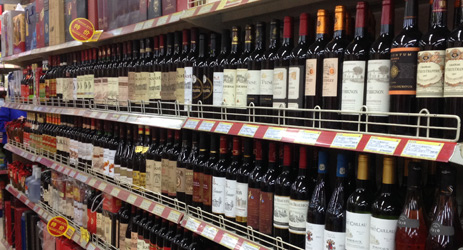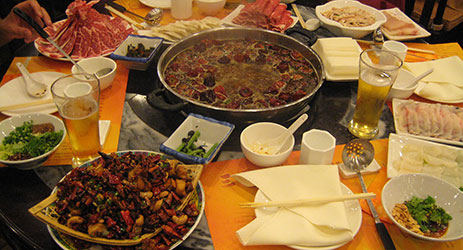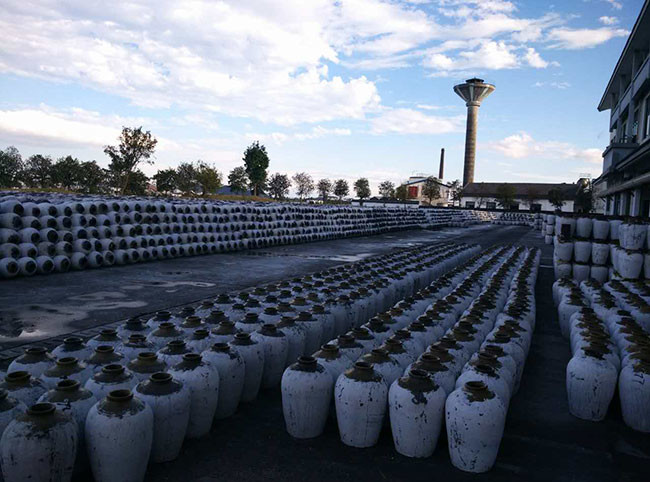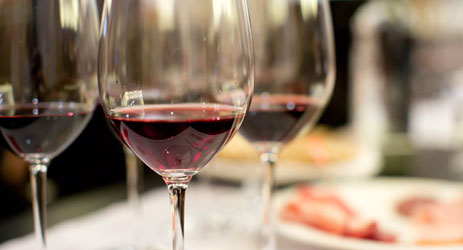Demei's View - Wine Communication from a Chinese Winemaker
During the few recent wine lectures I hosted, again I discussed with my students about the topic ‘why do we drink wines in China?’
This is one of my favourite topics to discuss with alcoholic beverage drinkers. Despite the frequent media attention on wine in recent years, it is still only a small category among the sea of alcoholic drinks in China.
There’s little doubt that alcoholic beverages enjoy an enormous consumption market in China. In the last decade, China has been the world’s biggest beer production and consumption country, on top of producing and consuming over 10 million tons of Chinese white spirit—Baijiu (equivalent to 1bn cases with nine litres per case), and 3m tons of yellow wine. The pure alcohol consumed by Chinese people through wine is only 2% of the total alcoholic drinks. Comparatively speaking, wine occupies merely a small percentage of the market, with its sales only one tenth of those for Baijiu.
That being the case, whenever I start talking about wine in front of Chinese alcoholic beverage consumers, they would naturally ask the question: why do we still need wine?

At the end of the 20th century, scientists discovered active substances in wine that can lower the risks of cardia-cerebrovascular diseases. These findings boosted the promotion of wine in China, and triggered a wave of wine consumption.
Chinese people believe that food can work as medicine and cure diseases. Therefore, any food that is believed to be beneficial to health is likely to be widely and passionately consumed—no matter people like its taste or not. Thus ‘the French paradox’ and ‘resveratrol’ became the key selling point of wine at that time.
However, more than ten years after, in first tier cities such as Beijing, Shanghai and Guangzhou, consumers would possibly laugh at you if you still try to make a sale by convincing them that wine is ‘good for health’. The consumers nowadays know far better than that, and they have started to question the health story that has been told over and over again. Their question could be, even if by drinking wine it’s less likely that you may get a heart attack or blood clots in your brain, won’t the inevitable alcohol intake burden your liver?
As consumers are getting information from far more diverse sources than what the merchants tell them, it’s getting more and more difficult to make a sale by packaging wines as part of a healthy diet.
In comparison, Baijiu—the traditional type of spirit distilled from grain—still occupies the majority of today’s alcohol beverage market in China. The reason lies in the fact that alcohol drinks used to be something luxurious to have on a dinner table; recommending your guests to drink more, therefore, became a way of honouring their visit.
Whenever the host finds a reason to make a toast, everyone at the table has to ‘ganbei (drink up)’, and it’s important that they all empty their glasses at the same time with nobody left behind. It’s usual that even the choice of alcohol is made the same for everyone, and rarely changes throughout the entire meal. In fact the endless ‘ganbeis’ are not only a pain for those who can’t hold their drink, but also for those ‘strong drinkers’, who are usually easy targets to be made drunk.

and adapted under the Creative Commons BY-SA 3.0 Unported license.
This, to some extent, is the reality of China’s traditional drinking culture. Some describe this as a manifestation of ‘collectivism’, even of ‘tyranny’.
The new generation of consumers, namely those born after the late 1980s, was raised in an era of abundant material. They refuse to comply with such outdated drinking habit. Different from their parents’ generation, they enjoy the rich choice of available materials, value independent thoughts, and put great emphasise on personal preferences. Though they are growing up and start drinking alcoholic beverage, they tend to stay away from the ‘tyranny’ of Baijiu drinking.
This doesn’t mean that they don’t need alcohol in their lives, however. Alcohol always adds some colours to the important celebrations throughout Chinese people’s lives.
Wines, on the other hand, stress differentiation and personalisation, which match perfectly to the state of thoughts of the new generation consumers. Opposite to the Baijiu culture that pursues unification, wine culture encourages diversity. Those who enjoy drinking wine always applaud characterful wines they have never tried before. It’s common that different wines are enjoyed at different stages of a dinner, and guests can choose how much and what to drink fully based on their own preferences.
The light-hearted new drinking culture is praised by some as ‘democracy on the dinner table’. If that is the case, drinking wine may well be a sign to a more advanced society. And indeed—who can stop the Chinese society from moving forward?
Translated by Sylvia Wu / 吴嘉溦
All rights reserved by Future plc. No part of this publication may be reproduced, distributed or transmitted in any form or by any means without the prior written permission of Decanter.
Only Official Media Partners (see About us) of DecanterChina.com may republish part of the content from the site without prior permission under strict Terms & Conditions. Contact china@decanter.com to learn about how to become an Official Media Partner of DecanterChina.com.




Comments
Submit